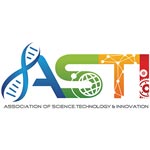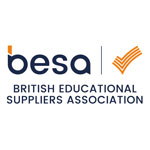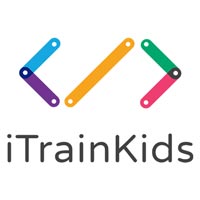Ensuring the provision of equal access to high quality education so that all learners can fulfil their potential and that the curriculum is truly inclusive and representative.
SEND covers a broad spectrum of student learning difficulties and are grouped in the following areas; communication and interaction difficulties; cognition and learning; social, emotional and mental health needs; and physical and sensory needs.
DfE state that there are 1.4 million pupils in England with SEND with the percentage of pupils with SEN support has increased, from 12.1% in 2020 to 12.2%, continuing an increasing trend.
Ensuring that your SEND pupils feel welcome, included, supported and enabled to learn is a considerable challenge, especially against a background of budget cuts and staff recruitment. Class teachers, especially newly qualified teachers, need support to understand each of these broad areas of need, but more importantly to understand how they can adjust their teaching to support ALL students in their class.
Technology can and is playing a vital part in improving accessibility, with every major operating system now coming with assistive technology built in as standard. Assistive technology products and services can provide support for children, young people and adults, helping them to develop independence, and develop life skills.
Bett has programmed a series of talks with a SEND and Inclusion at their heart with a particular focus on Friday, where there will be a concentration of CPD sessions and keynote talks, covering primary education through to higher education and beyond. Experts and educators will speak to the challenges giving practical advice, case studies, inspiration and useful information. There will also be a SEND and Inclusion Trail to guide you around the show floor to discover specific products and suppliers.

.png?width=423&height=100&ext=.png)
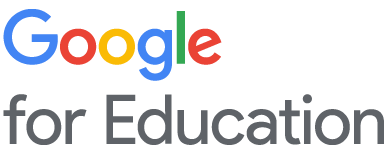



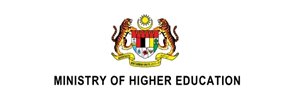
.png?ext=.png)




